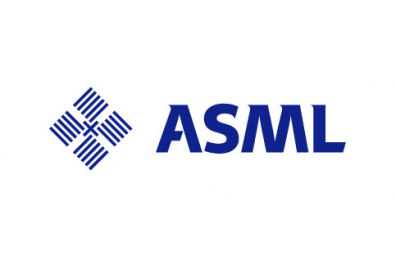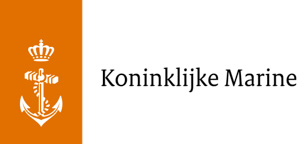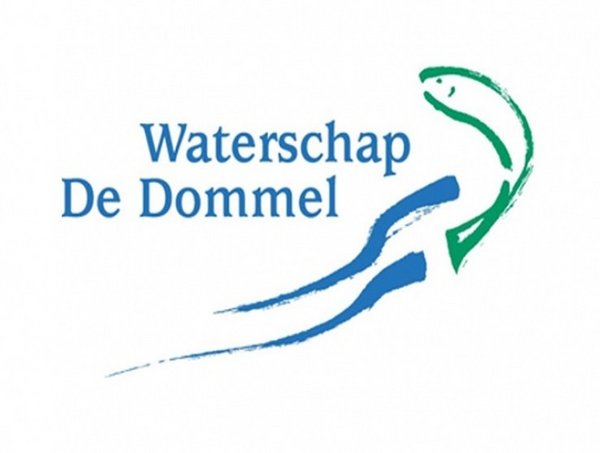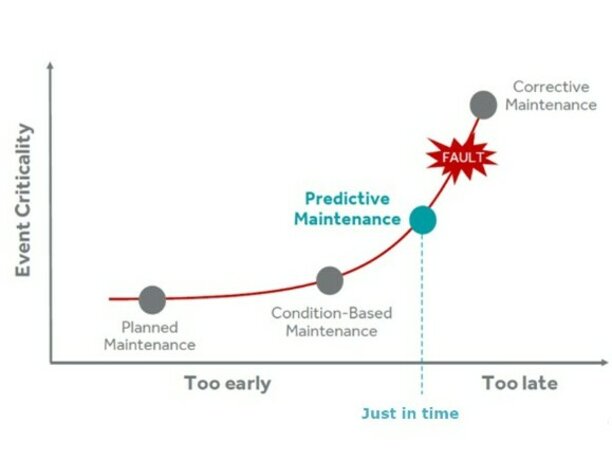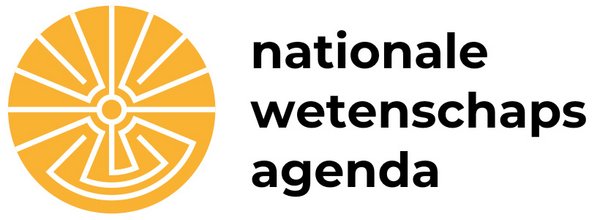| DURATION | PARTNERS | PROJECT MANAGERS | LINKS |
| December 2020 - November 2025 | PROJECT WEBSITE | ||
| SUBSIDY | |||
| € 630,000 |
Maintenance is crucial in keeping highly complex and interrelated systems operational and safe. Improved maintenance will yield significant economic benefits: with a total turnover of around 29–35 billion euros in the Netherlands only, even a small cost reduction will lead to significant cost savings.
Predictive maintenance will also lead to fewer disturbances and accidents. These will not only lead to less down time and higher productivity; accidents due to poor maintenance are abundant: Genova’s collapsed Morandi bridge and the near-accent of the Merwede bridge are recent examples. Through better maintenance, complex systems will become more reliable, efficient, safe and sustainable. Such systems are a defining criterion for a resilient, well-functioning, modern society.
Predictive maintenance is a key enabler for innovation. Various capital intensive industries can learn from our predictive maintenance solutions and use them as a paradigm for the design of smart products that report on their own performance online, inform their owner if a problem is looming, and propose solutions on how to resolve the problem. At the same time, it is paramount to note that even with the automation of maintenance, special personnel and equipment are still needed. In addition, as the service sector moves forward the Smart Industry era and the Big Data era, it is expected to see a shift in the nature of the service engineer and the creation of new forms of work and training. These new forms of work require lifelong learning, to arm people with the 21st century digital skills and competences. It is expected, even after the automation of servitization, that skilled maintenance and service engineers will be needed to supervise the process and ensure that it operates according to the industry’s standards.
PrimaVera aims to make predictive maintenance easier and more effective, thereby realizing the potential of predictive maintenance: better system performance and higher availability at lower cost.
Maintenance and Logistics Optimization
TU/e researchers contribute to the national PrimaVera project by developing accurate, efficient, effective and robust methods for large-scale maintenance optimization and simultaneous service logistics control. The novelty of the suggested maintenace plans lies in:
- the incorporation of key performance indicators
- the combination of maintenance and service logistics planning
- and the adaptability and robustness of the underlying algorithms.
Organizational Behavior and Human Decision Making
Developing a fundamental understanding of the user requirements and design principles for developing effective decision support tools in the domain of predictive maintenance.
These insights will be used to design novel, user-centered maintenance tools that make the user-system interaction more effective and efficient.
IE&IS researchers involved in this project
Researchers Maintenance and Logistics Optimization
Researchers Organizational Behavior and Human Decision Making
